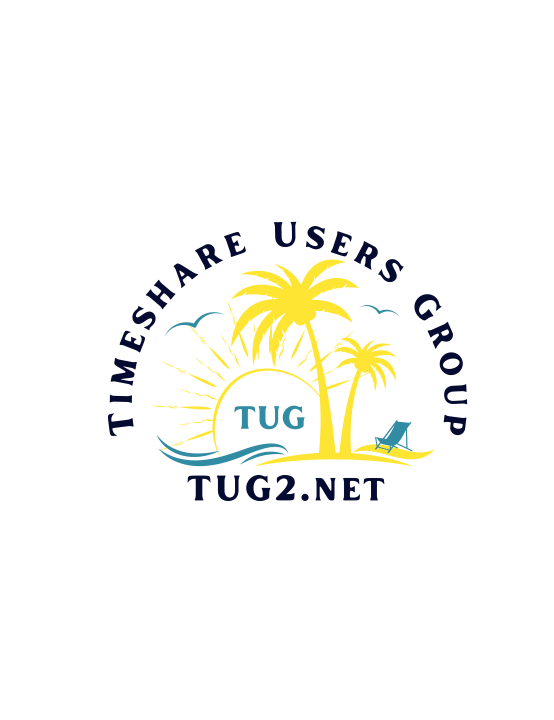I have been a business appraiser for 35 years. There is a large discount for lack of marketable and due to distressed sales in the resale market fior many fractional investment interests when there is no formal public market and limited information. So, it is not surprising that timeshare units would lose a lot of value immediately after retail purchase. However, timeshare are a good example of an overstimulated and, thus, overpriced retail market and depressed and inefficient resale market.
The issue with timeshare interests is that they are rarely intrinsically worth what you pay for them when buying retail in a sales presentation. Often 50% or more of what you pay is the cost of sales and marketing and associated overhead. Only about 20% to 25% if that is in the cost value of the pro rata share of the unit.
If this were an efficient and informed market, timeshare interests would lose about half their value after purchase due to limited information and markets for timeshares. But, right now and really since 2008, we see many timeshare interests losing nearly all of their value even without resale retrictions because the maintenance fees of developers are often too high, buyers overpay during sales presentations, and the resale market is depressed and not efficient due to subsequent distressed sales and buyers' remorse.
The resale market is more of a distressed sale market, where discounts are standard and expected. That is true even when the owners own the units and now control the resort, which is seen less often and found more in smaller or older resorts.
Perhaps the worst, HICV points without deeds are largely worthless in resale due to restrictions on transfer and high annual maintenance fees, which have grown far faster than inflation.
In the 1990s, it was not uncommon for the quality and better known timeshares to be worth 25% or more of the retail selling price for "red" weeks at desired and less oversold destinations. Units with points sold for more due to greater flexibility of points and fungibility but still at a steep discount. Still, many even "red" week timeshare units sold at 10% to 15% of retail and white or blue weeks often were sold for nominal amounts or zero, even though in theory they all had a greater intrinsic value. That was when I bought my 2 units after finding TUG and doing reserach, after rescinding a retail purchass. That discount from intrinsic value was due to market inefficiency, distressed sales, and lack of generated resale demand relative to retail promotion.

